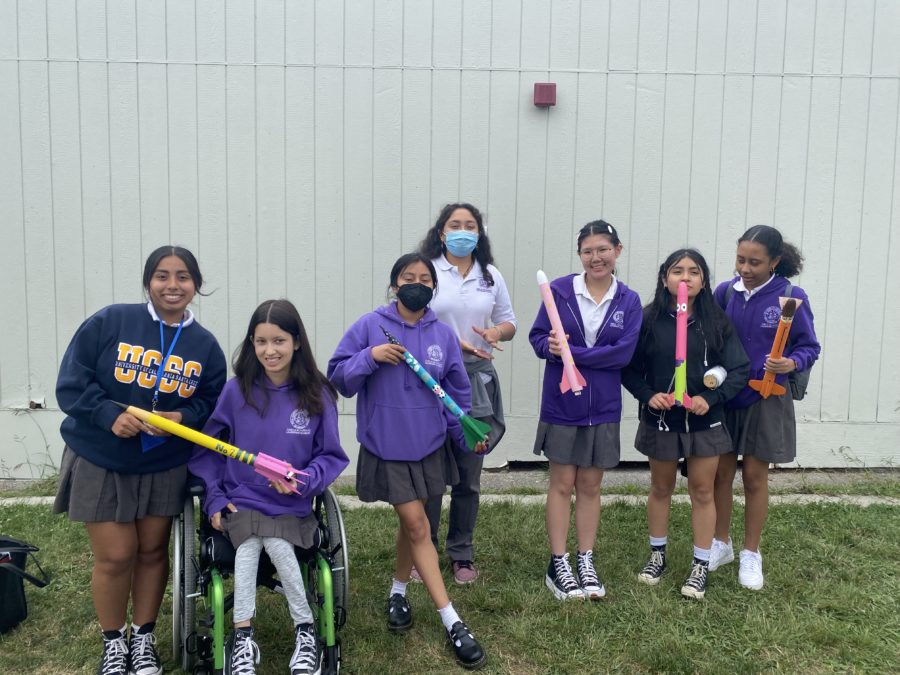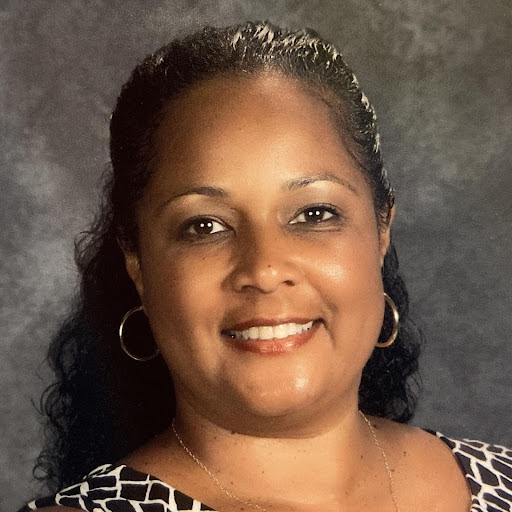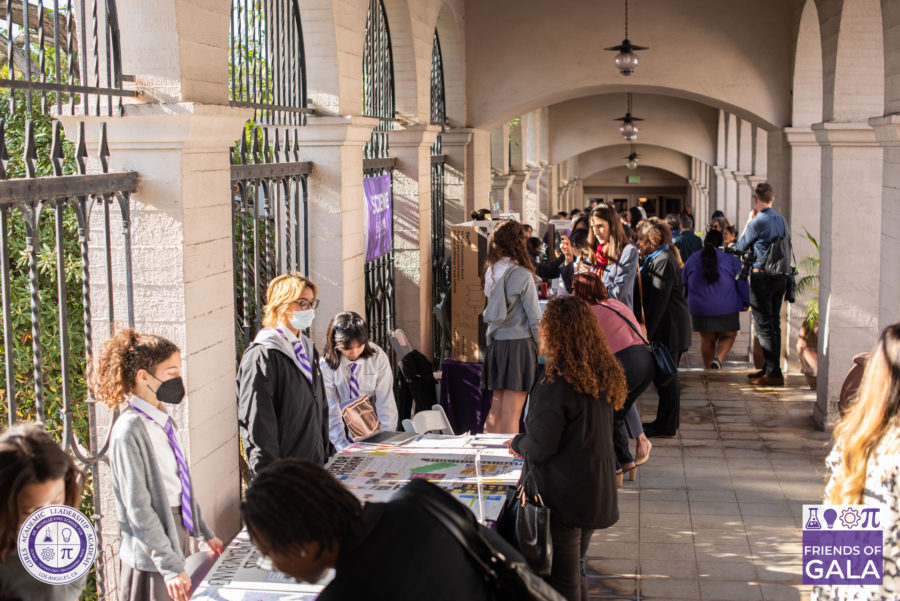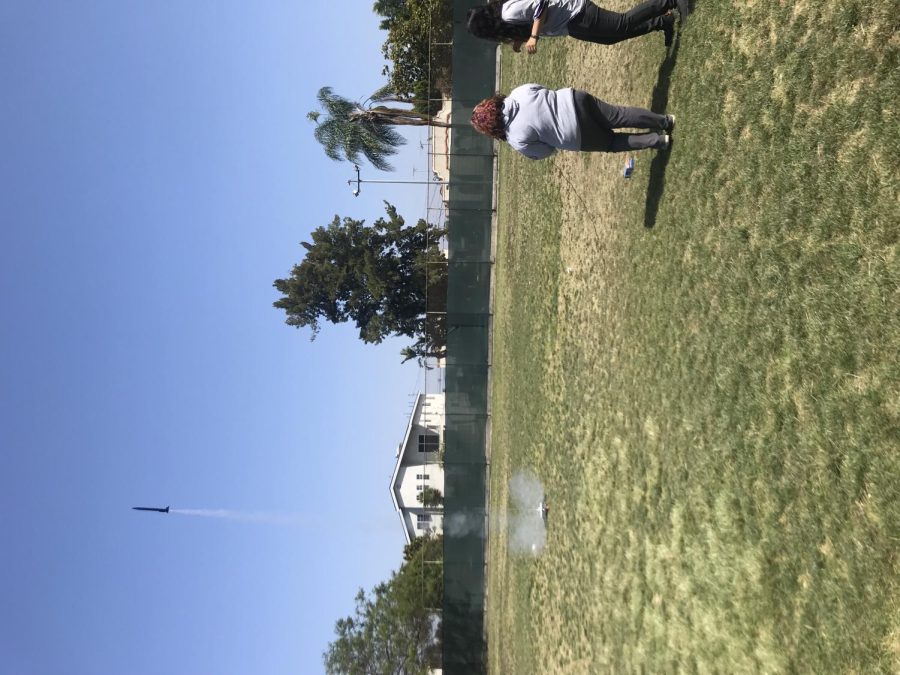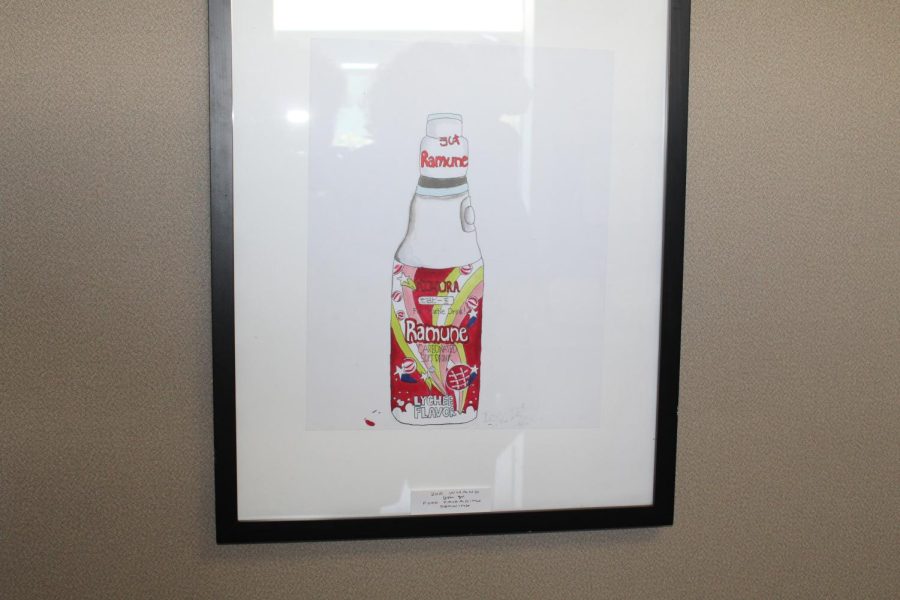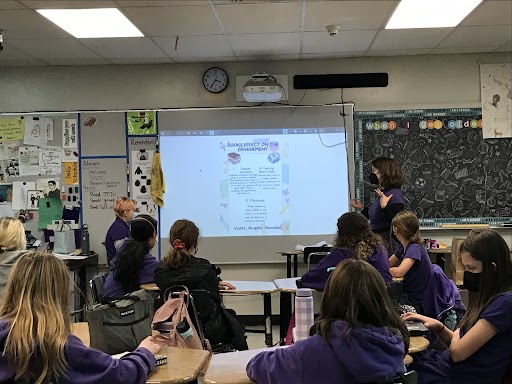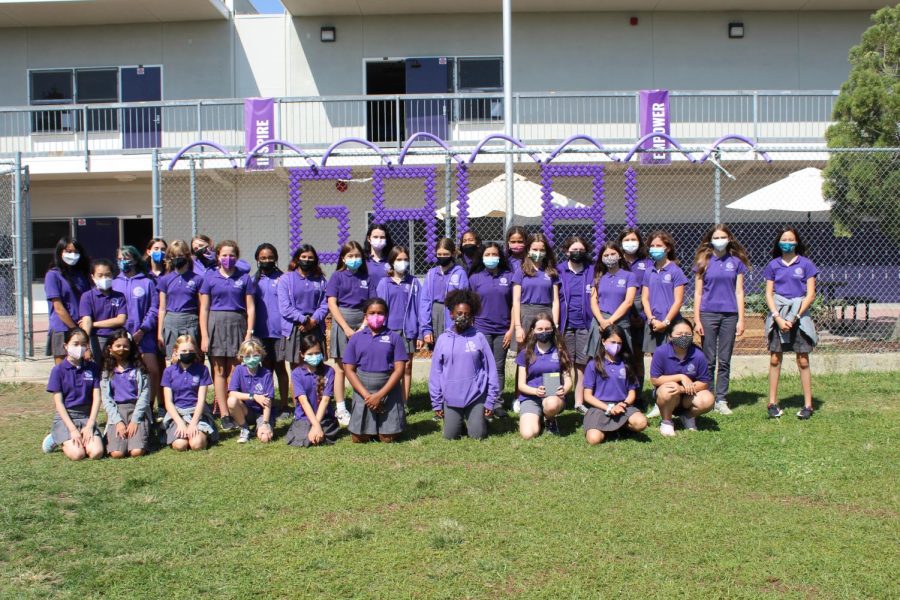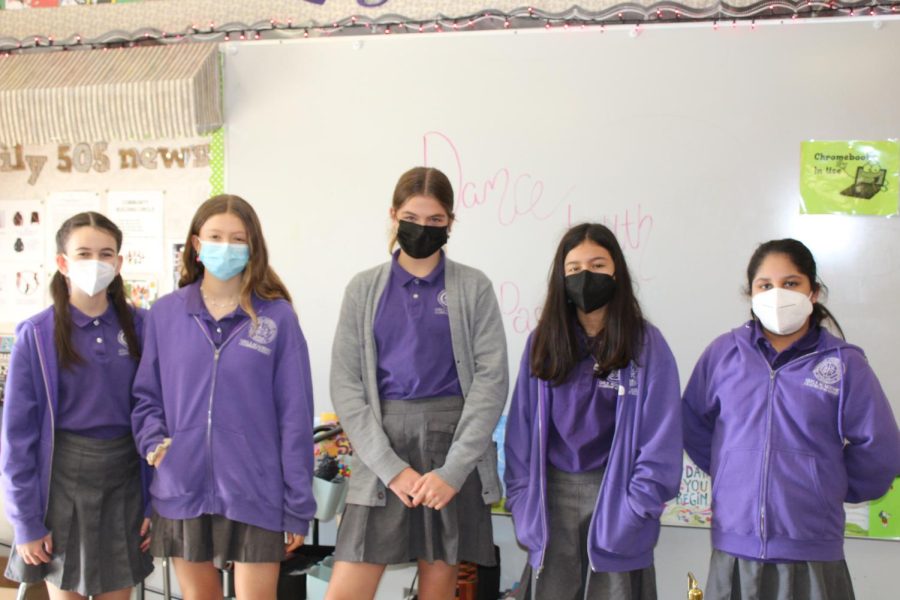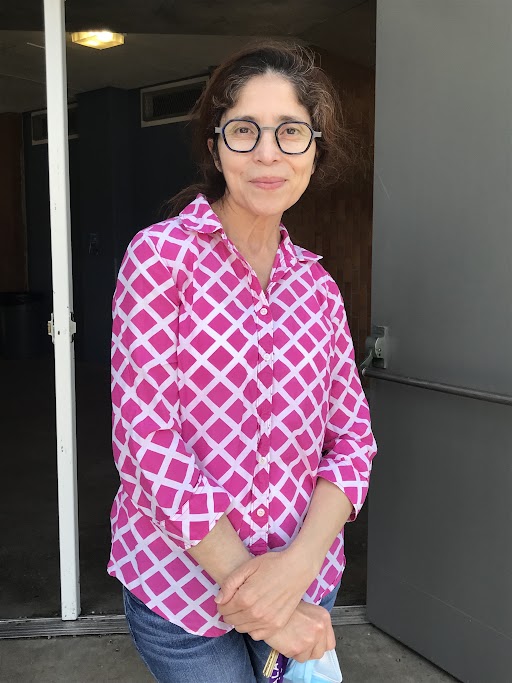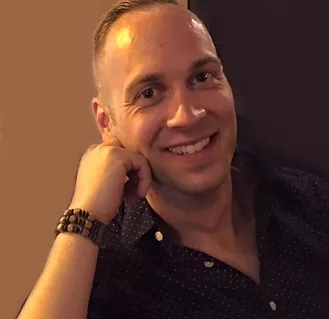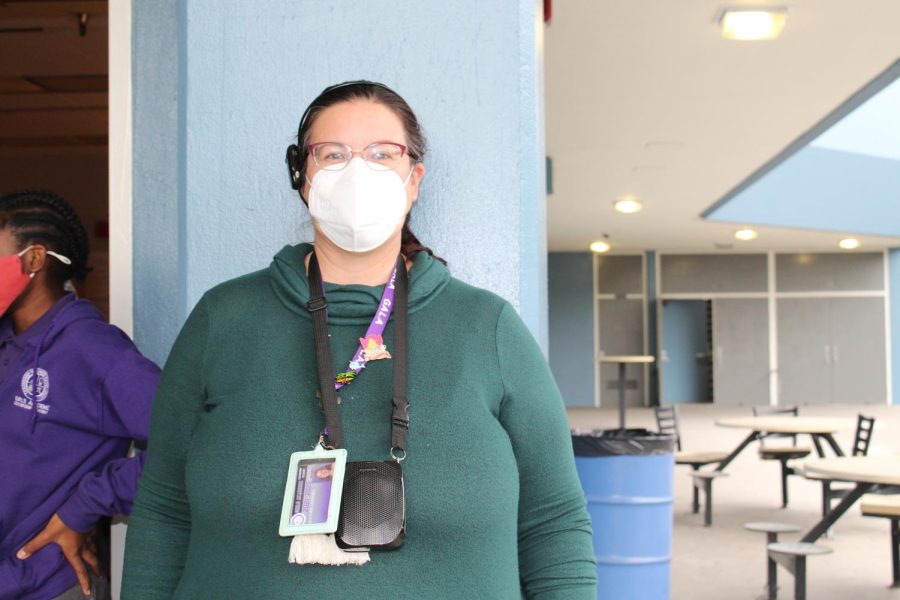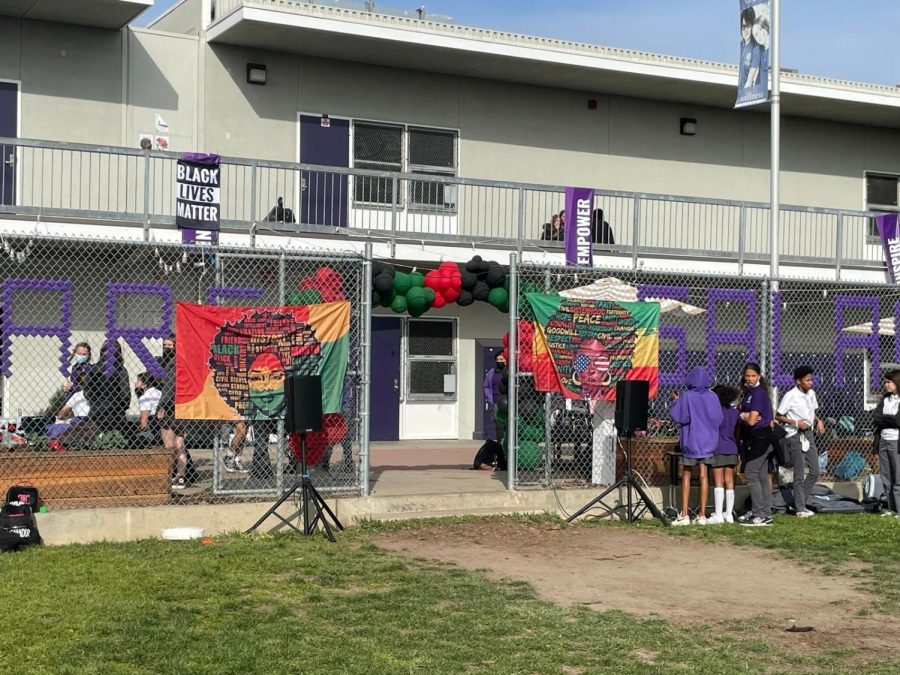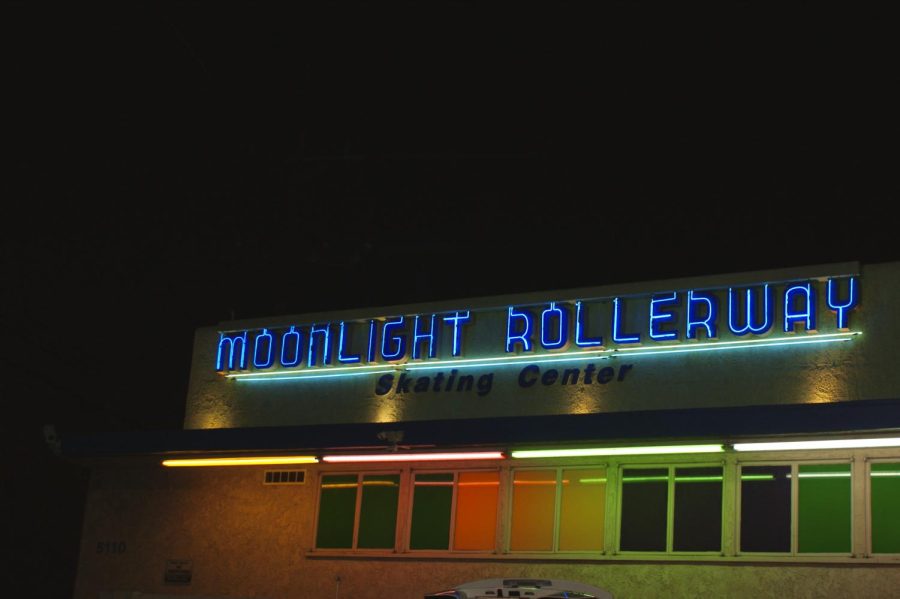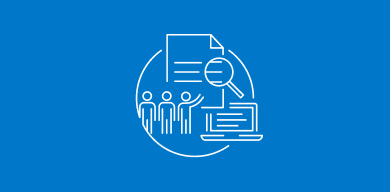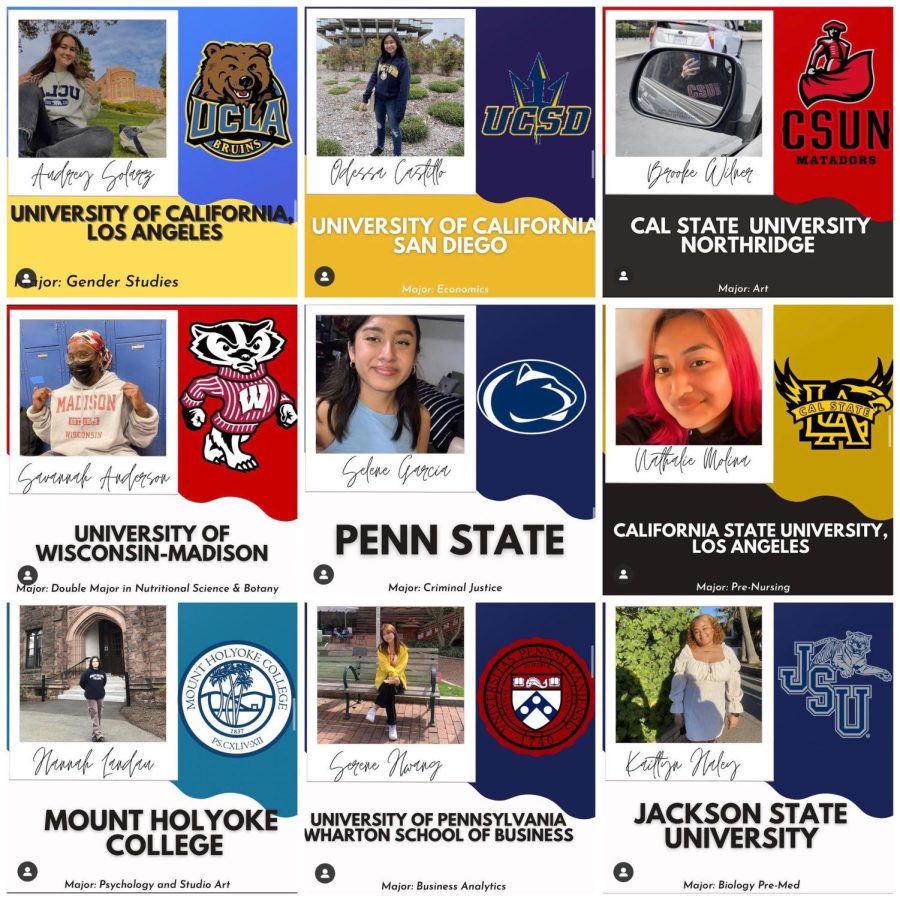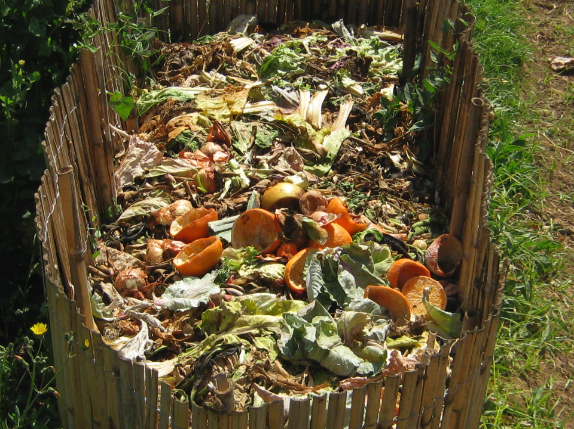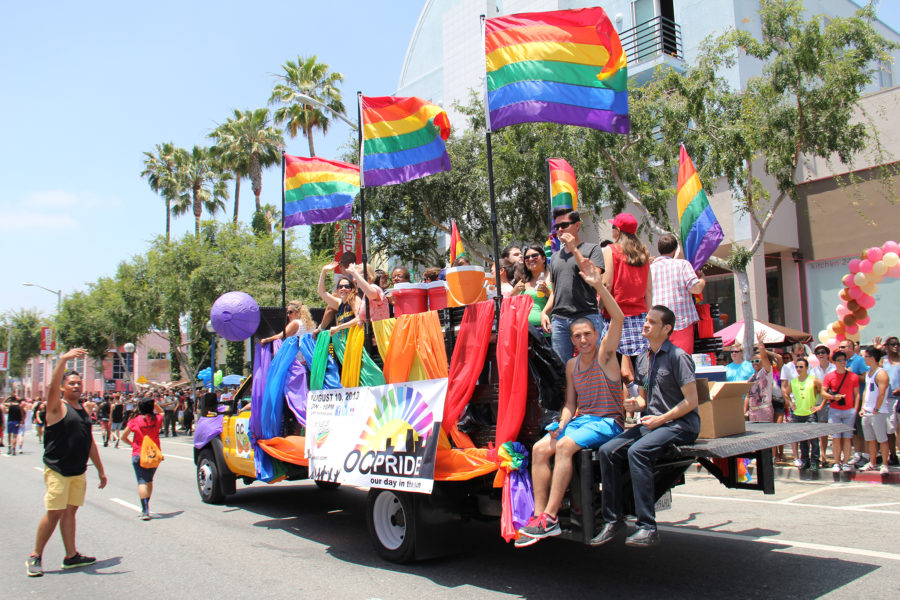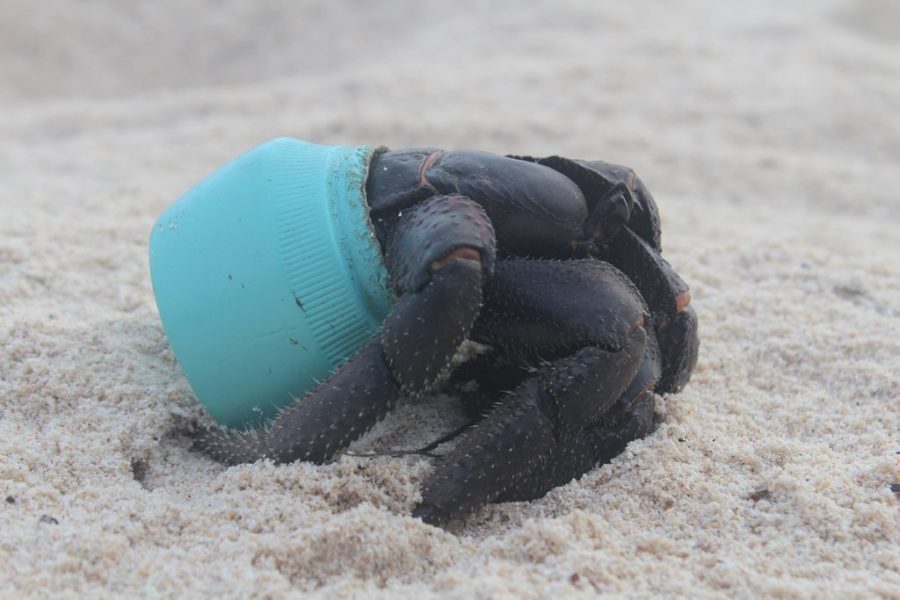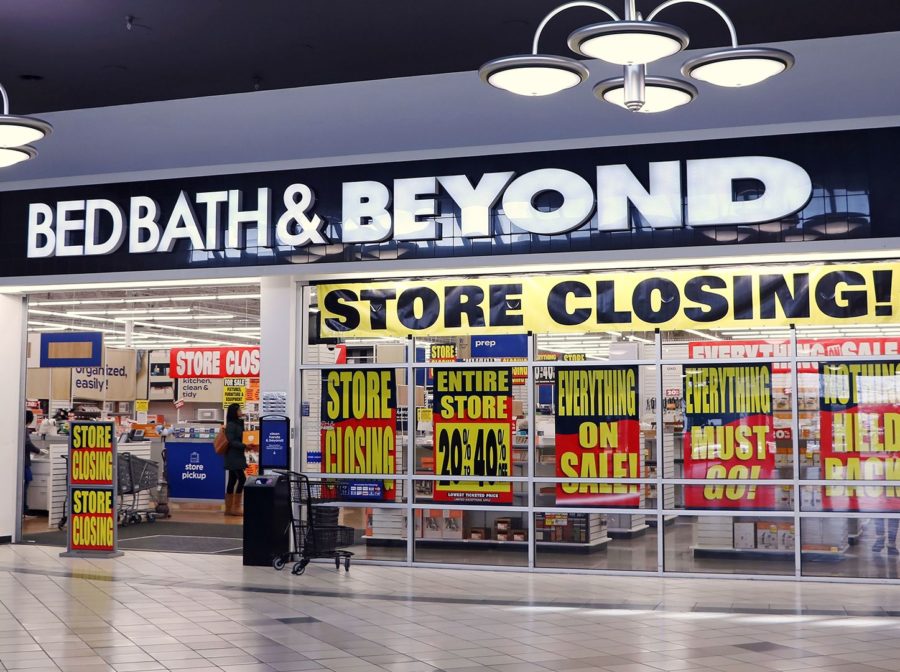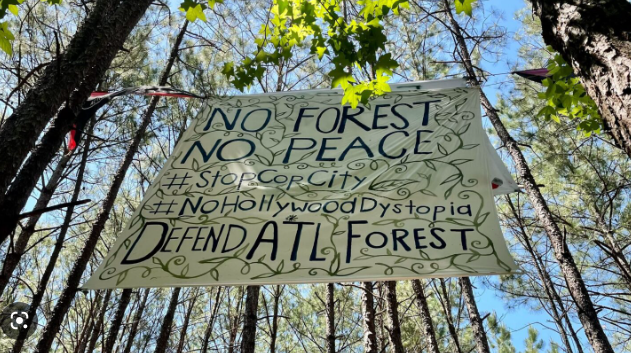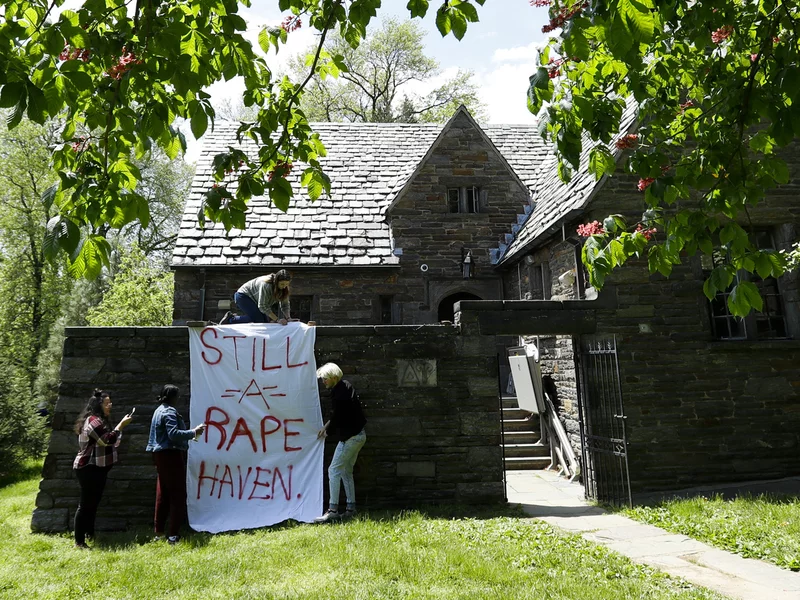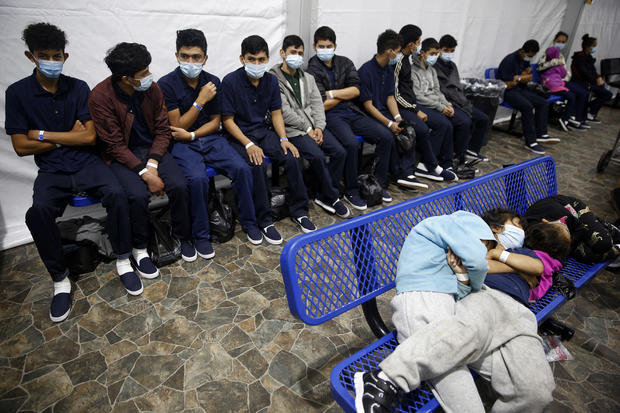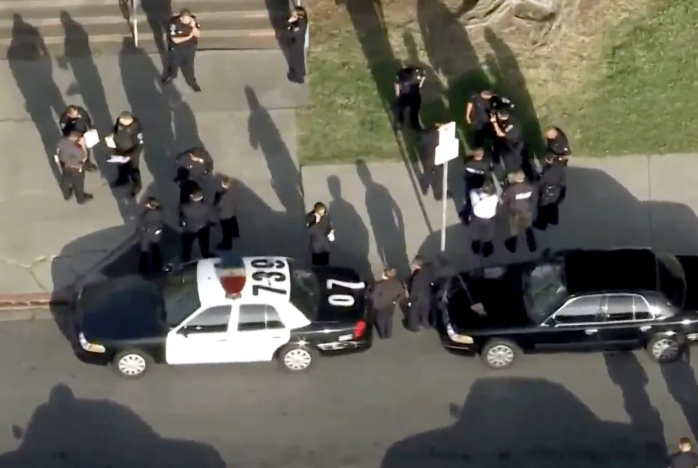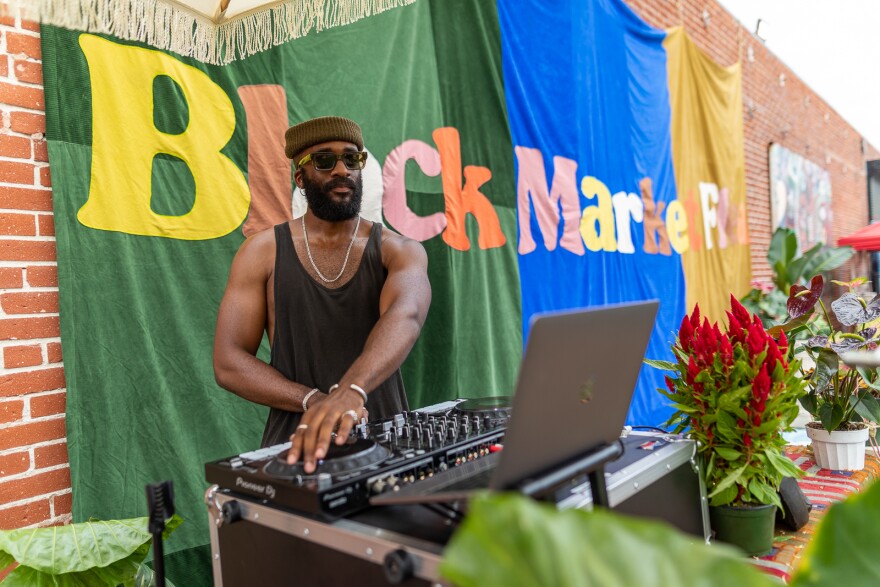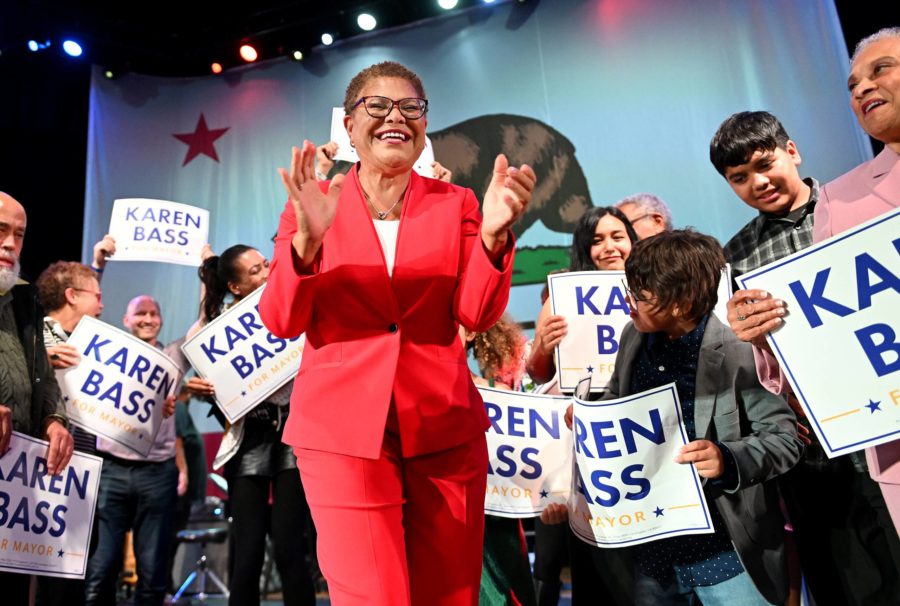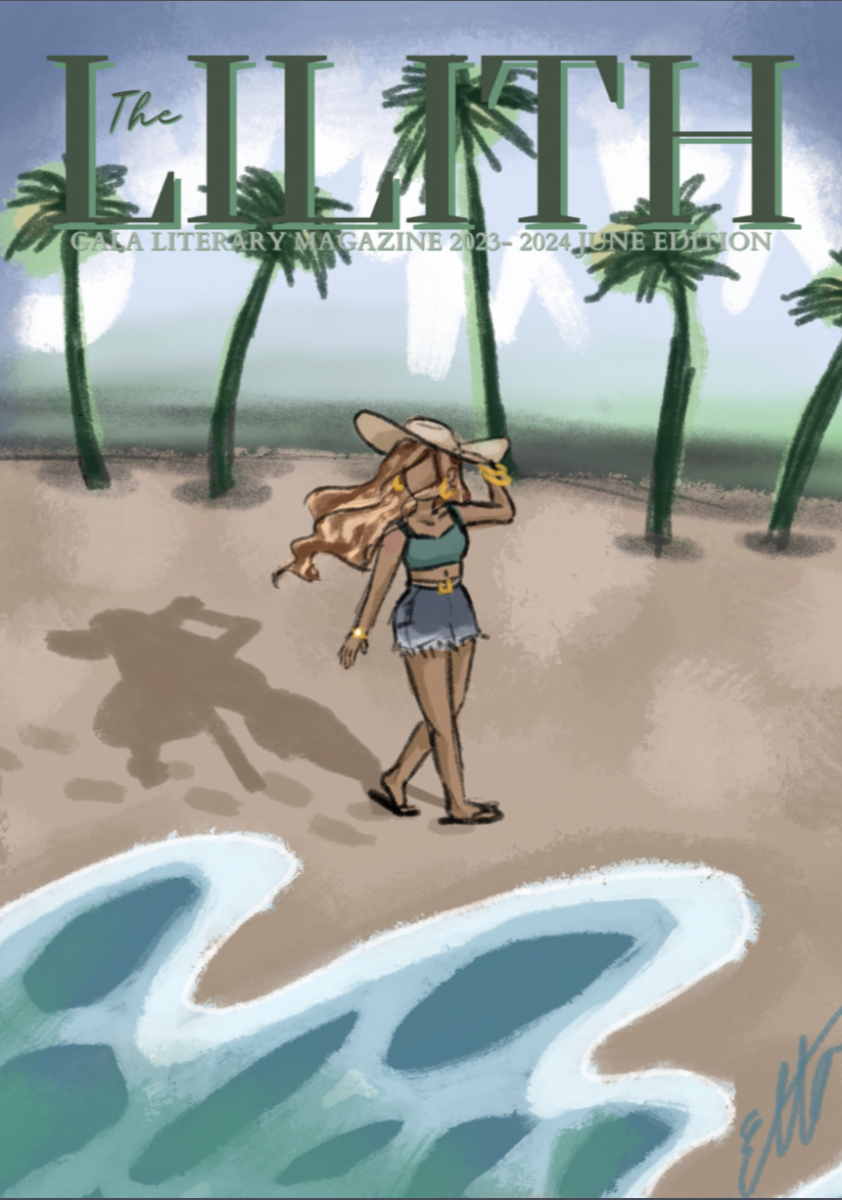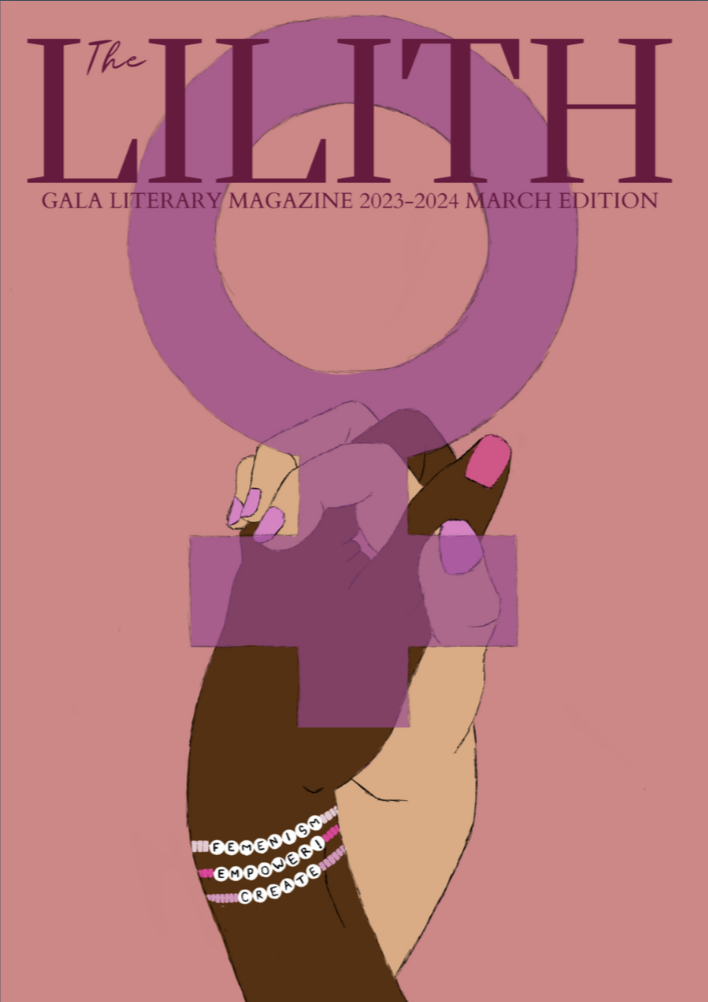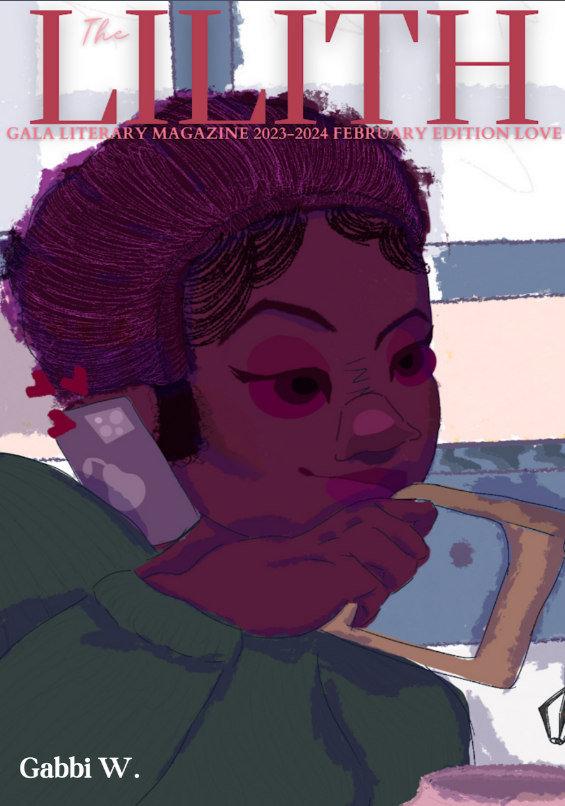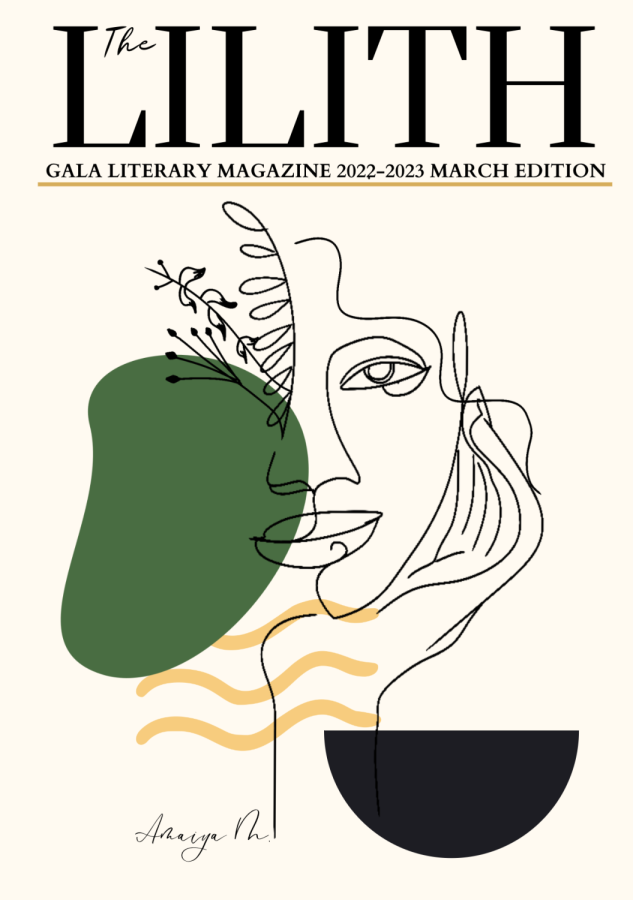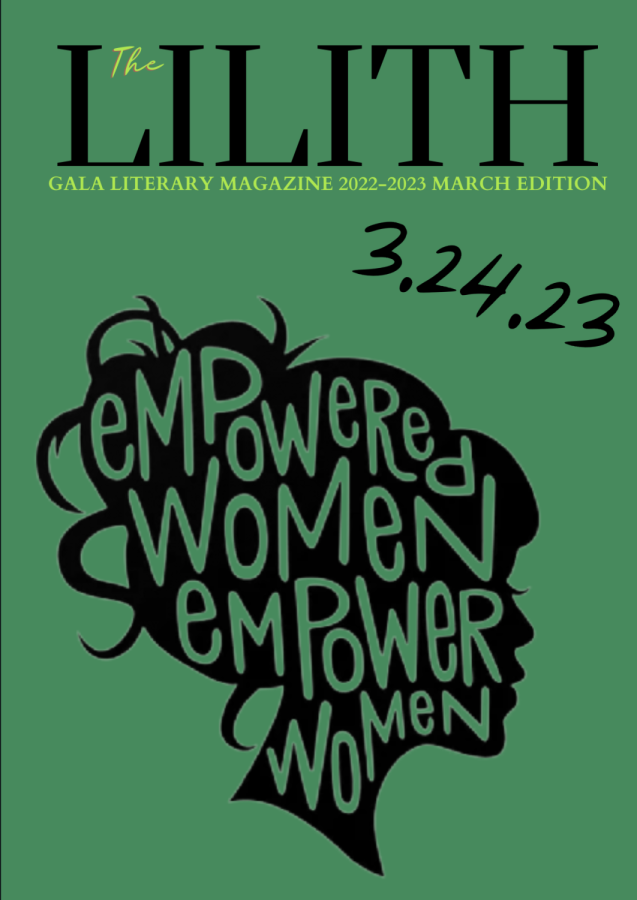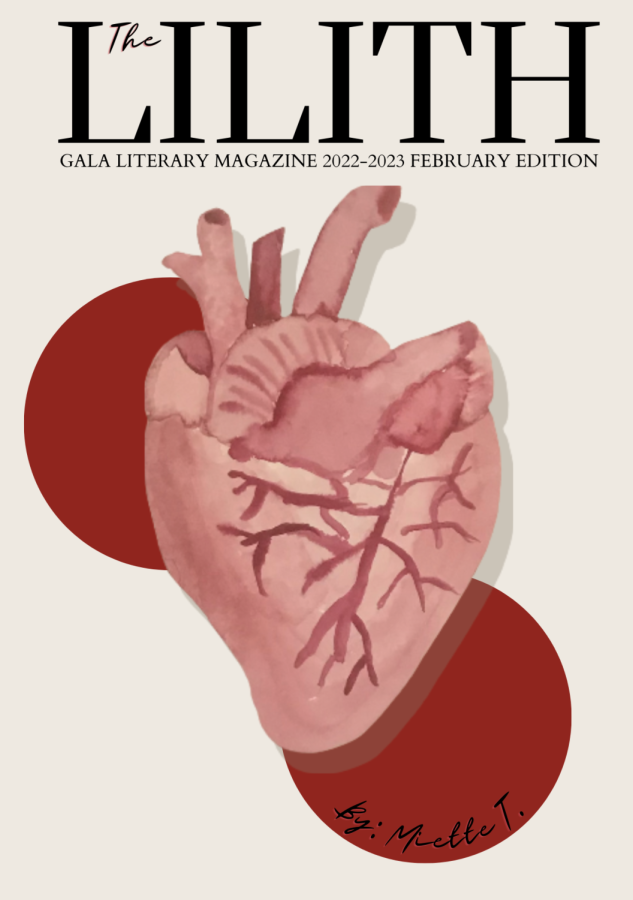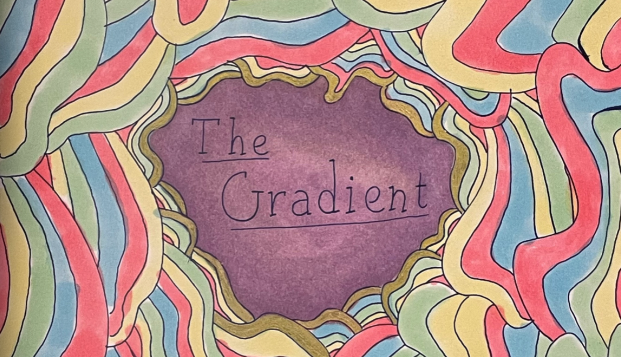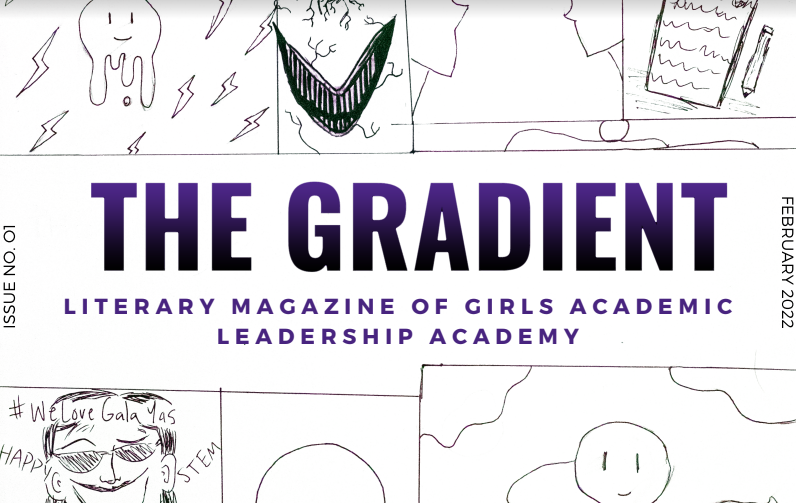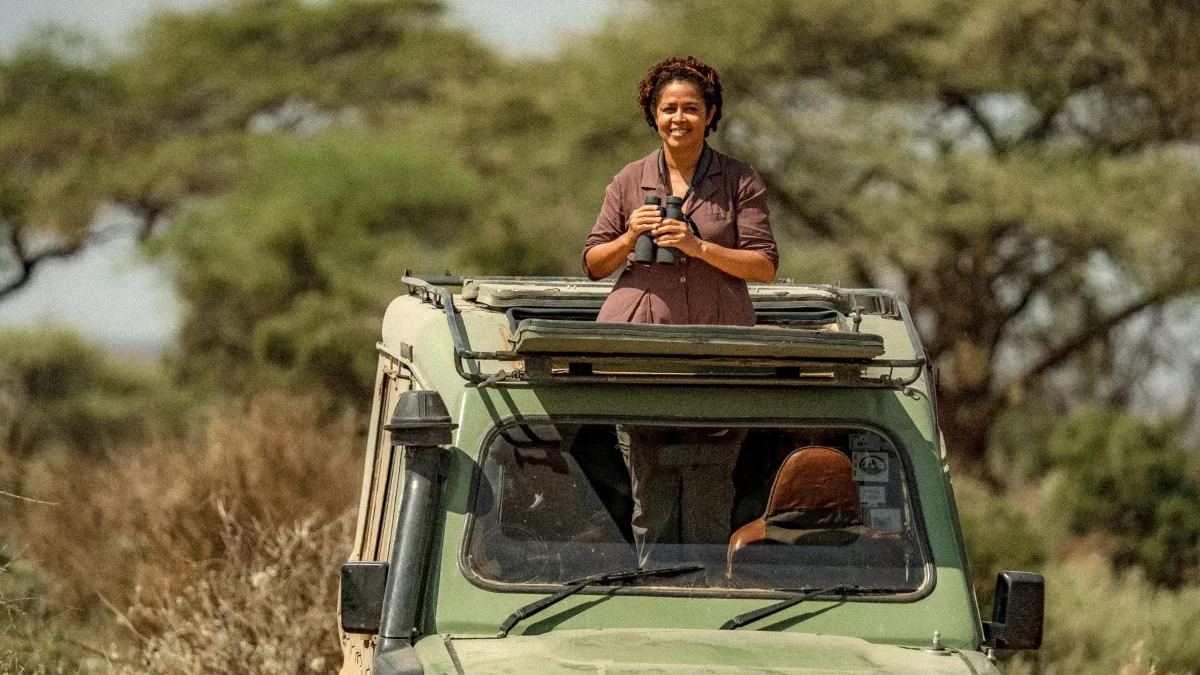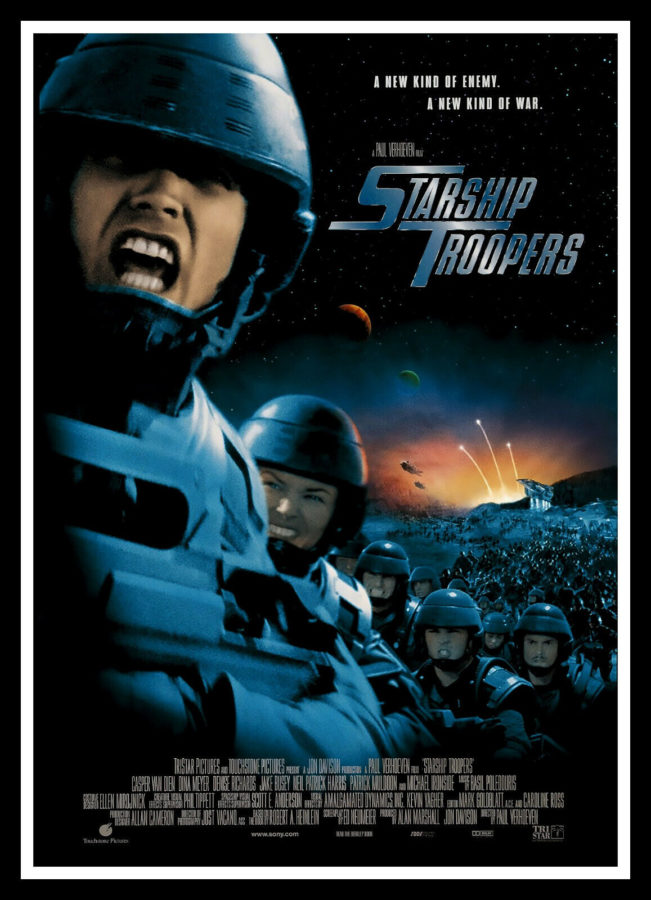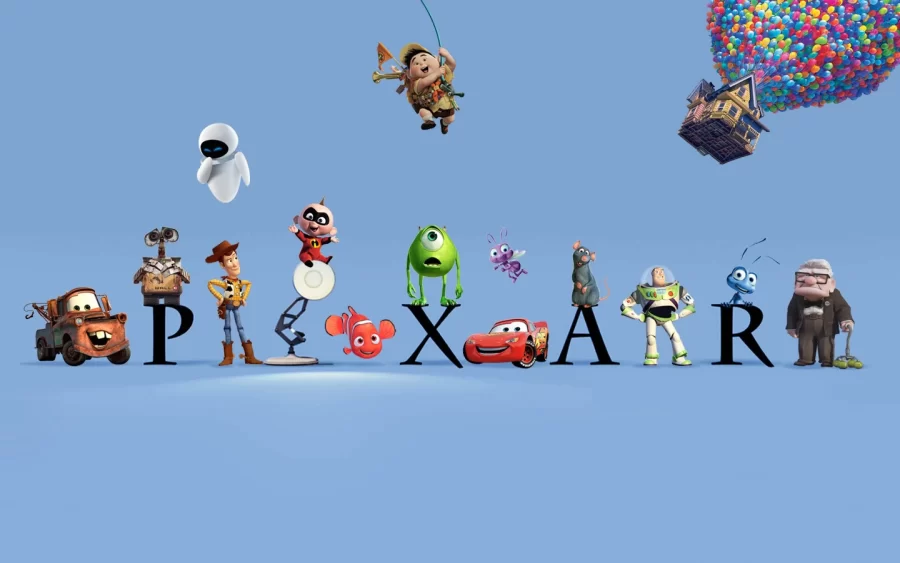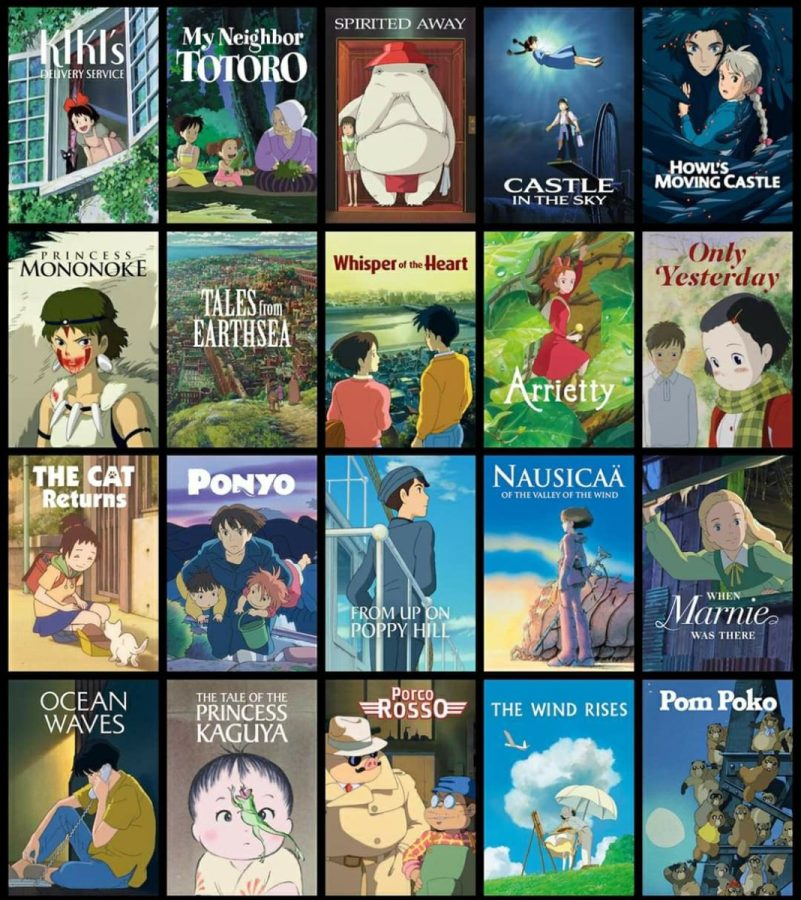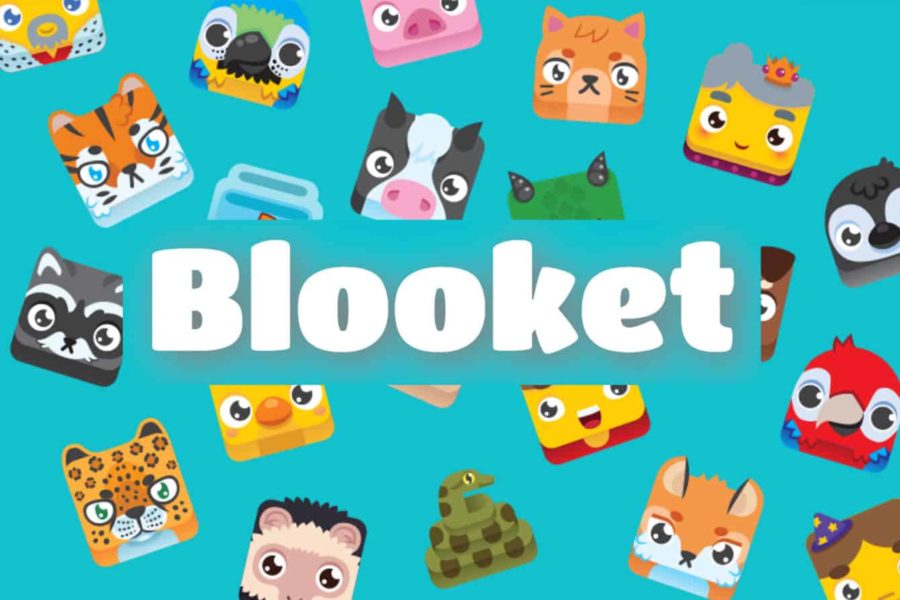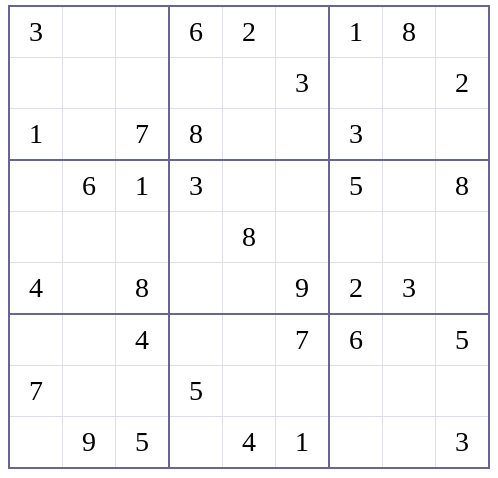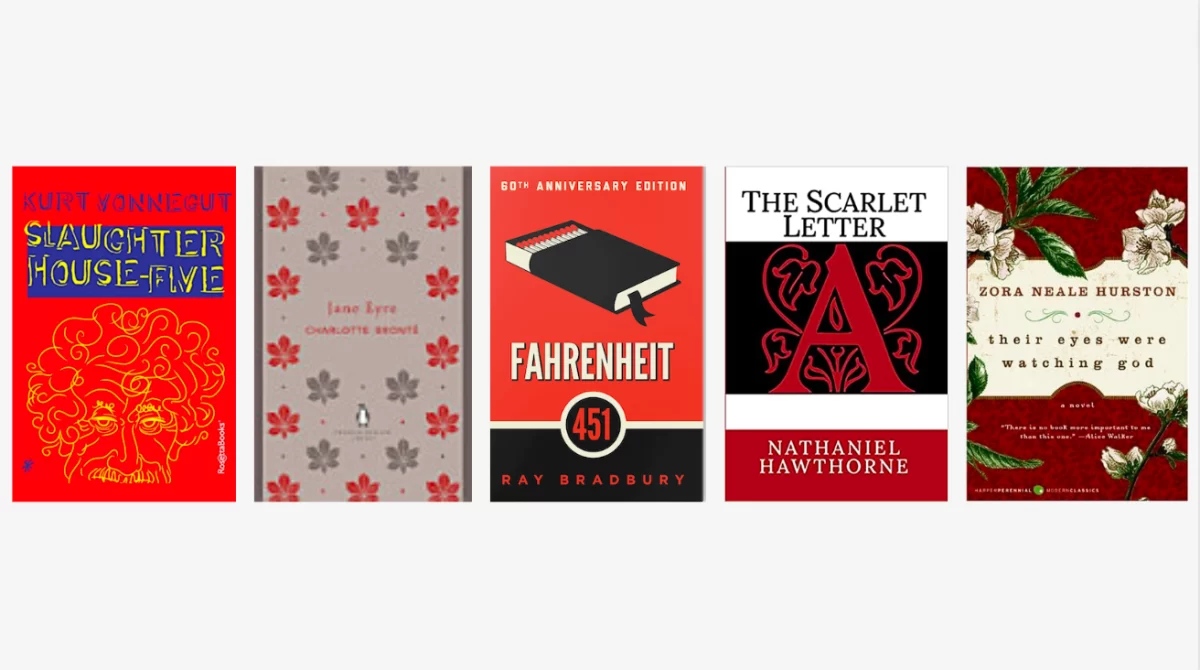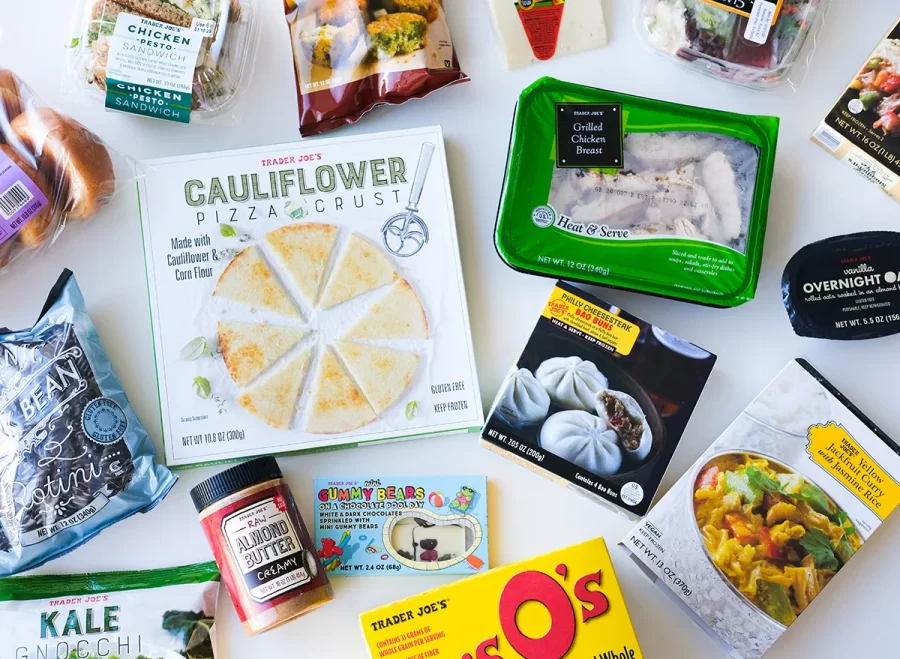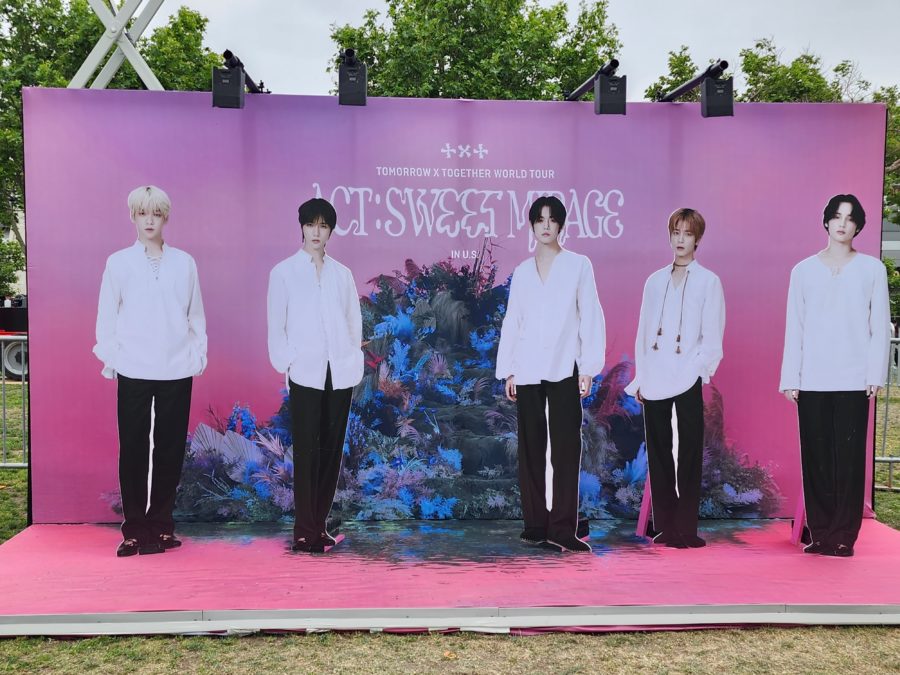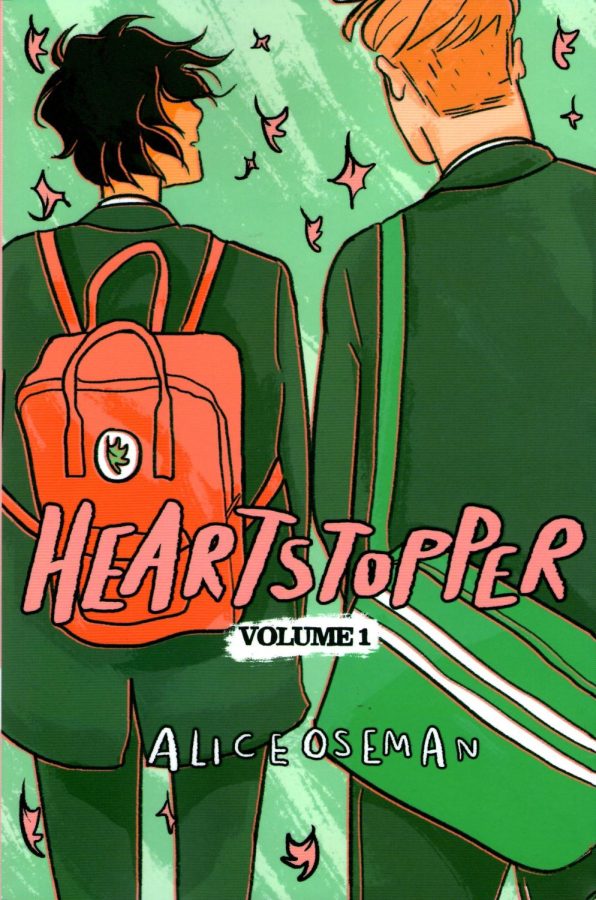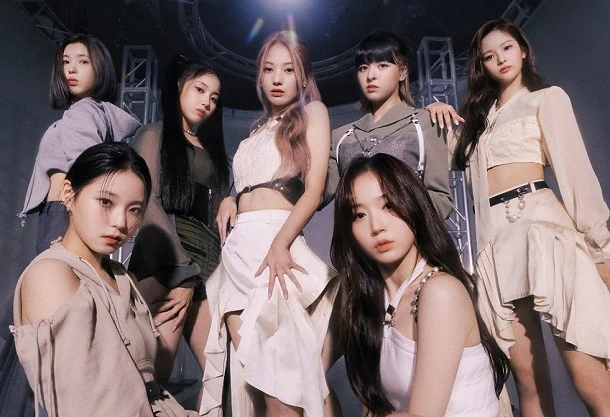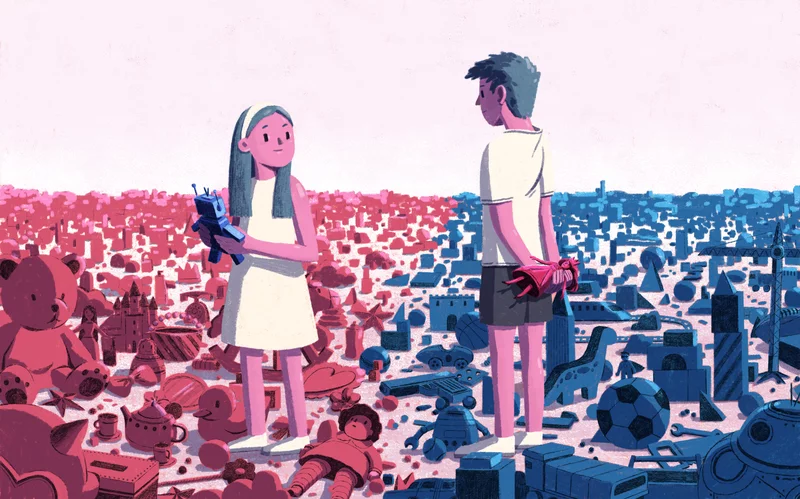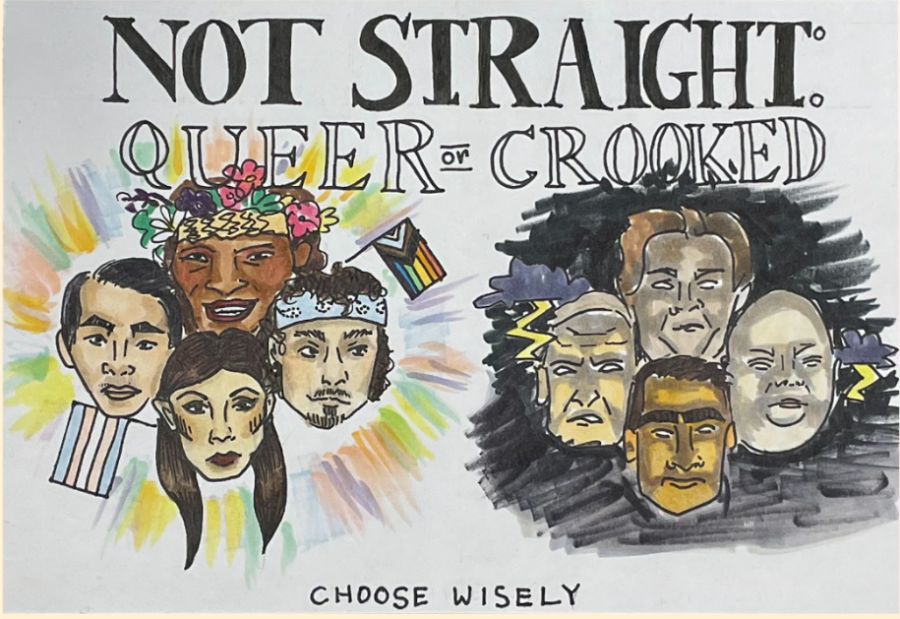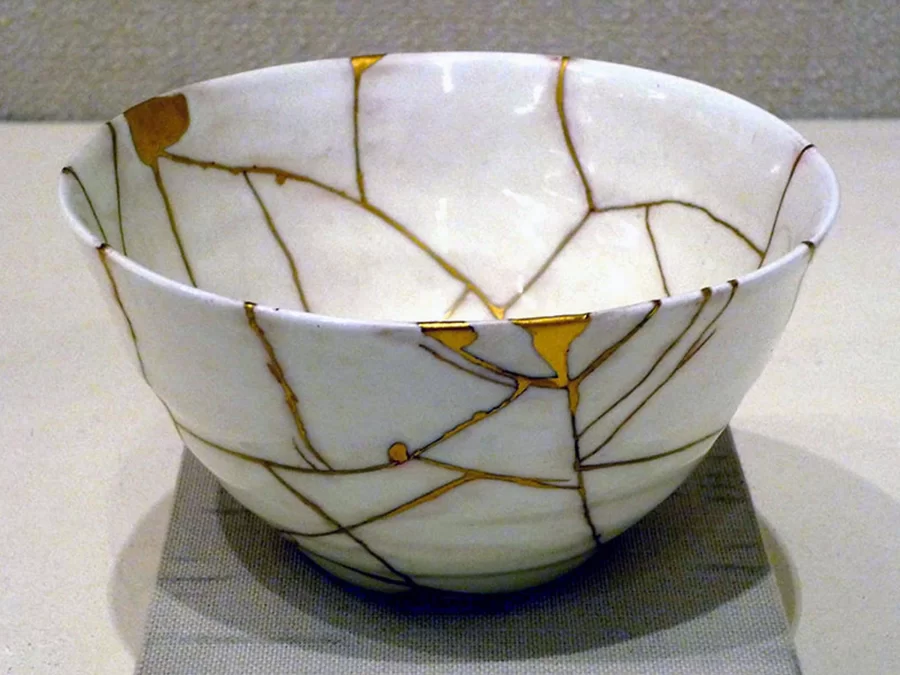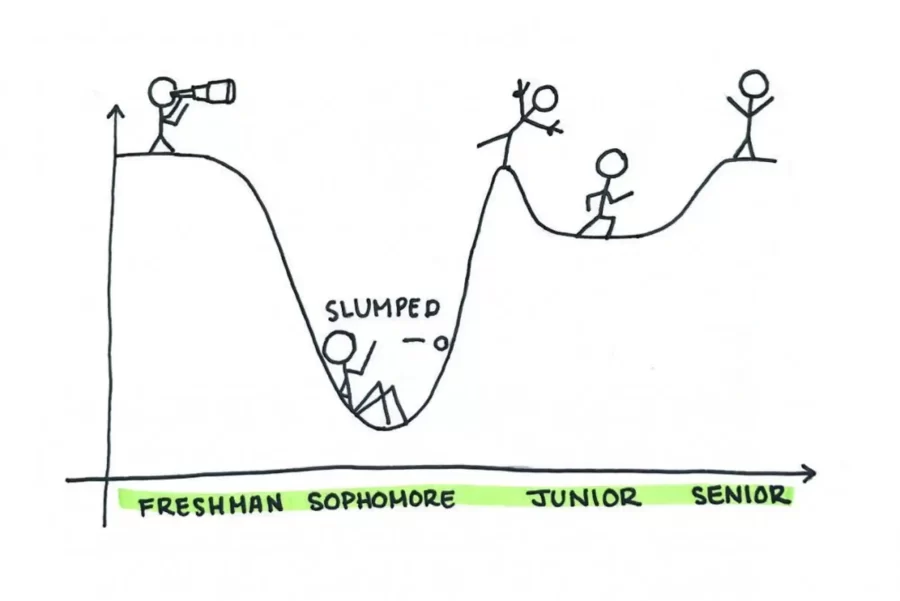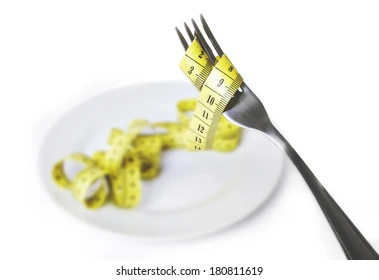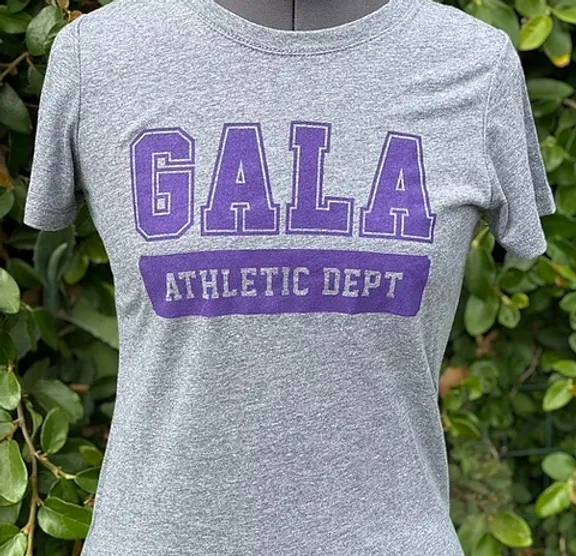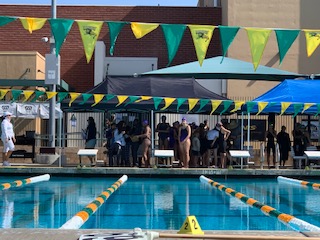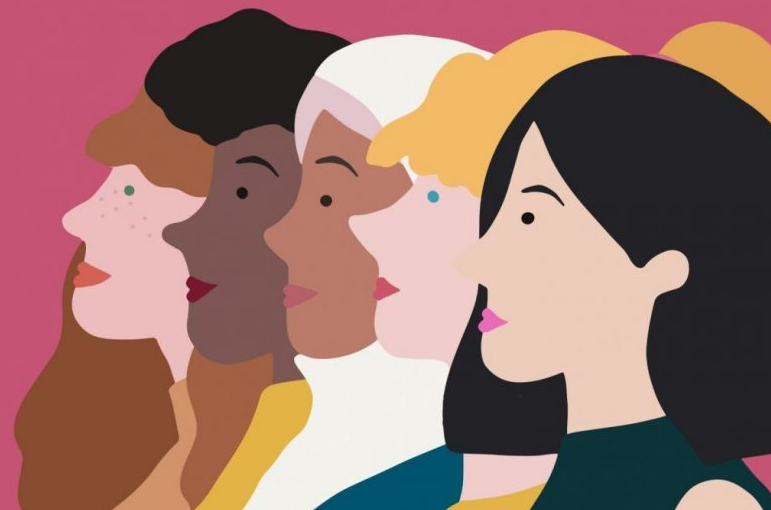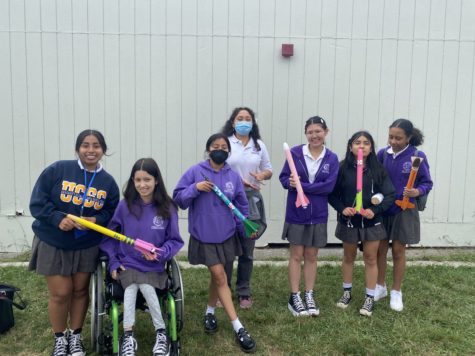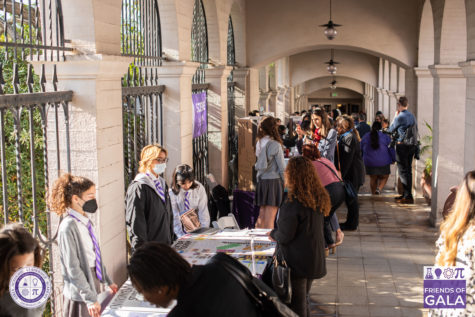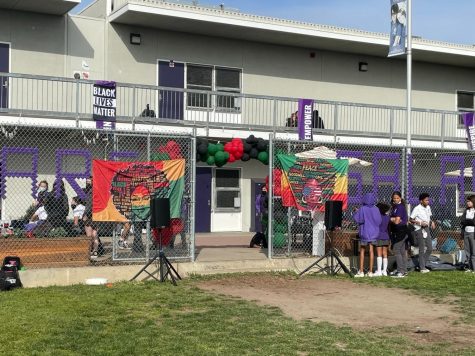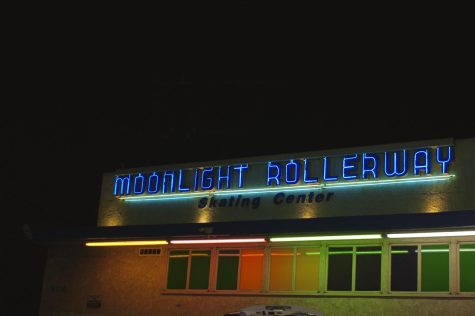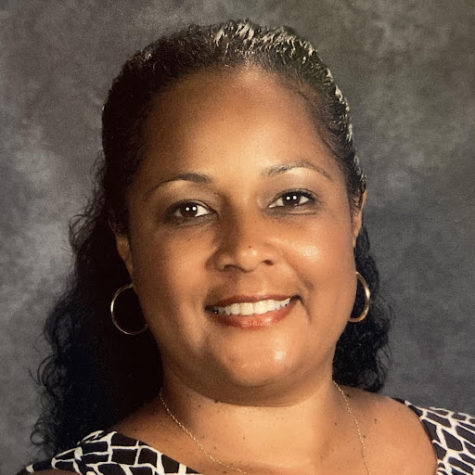Young Women’s Career Conference on Friday, March 4
GALA is proud to have hosted the fourth annual Young Women’s Career Conference today, March 4, 2022. Despite having the event virtually due to the ongoing pandemic, this year’s conference was successful and just as inspiring as that of past conferences held in person.
These annual conferences were first started by a conversation between GALA’s principal Elizabeth Hicks, and GALA parent, Claudine Shiva. Their goal was to provide students with another outlet of inspiration regarding women with careers in STEM who defy gender norms. The event was held in March because it’s also Women’s History month.
This year’s conference hosted 50+ women, many of them the first women in their positions or first person of color with their job title. Regardless of their job, they all had fascinating stories to tell.
The conference began with GALA’s very own a capella group, Lady Treble, singing the school’s alma mater.
To start the conference, Sophia Hernandez spoke first in the opening session. Hernandez spoke of her career as an IT Computer Administrator for MISIS in LAUSD for 24 years. Born in the Philippines, she moved to the US when she was 19 years old with her family and a degree in computer science in her back pocket. Hernandez had a father who believed that women shouldn’t be confined to gender norms or “girly” things. “I got Barbies, but I also got Monster Trucks,” she said. Because of this, Hernandez never felt there was any limitation to what she could do.
The keynote speaker, Dr. Kristi Funk, is a breast cancer surgeon at Pink Lotus Breast Cancer Center. She was introduced by student Trinity Robertson, who shared a touching personal story, praising Funk.
Funk came up with 10 steps, all backed by science, to improve the way of life for cancer patients. She took all of the complicated factors and information involved and condensed them to something less overwhelming and easier to understand.
Funk began by discussing the question of, “What is success?” Quoting Ralph Waldo Emerson, Funk explained that success is not an excess of shiny things, but laughing a lot, being respected by wise people, and leaving the world a better place. “Give it your best, whatever it is you do,” Funk said, “[and] success will follow.”
In March of 2008, Funk came up with the idea of her own breast cancer center, a place for cancer patients to come and be comfortable instead of feeling frightened by their prognosis. The doors opened in March of 2009, despite the financial upturning occurring in Los Angeles and the added complication of lugging around a belly full of triplets! Funk fought, remained resilient, and continued to smile.
2013 was Funk’s “ticket to freedom” after treating and curing actress Angelina Jolie but in 2014, people assumed she would burn out due to financial problems. Funk’s business only grew bigger, however.
In 2018, Funk wrote a book titled Breasts, the Owner’s Manual. The book became a booming success, published globally in numerous different languages. “When you do something, you’re doing one thing. Why do it wrong when you could do it right?” Funk said.
To conclude the opening session of the conference, GALA Broadcasting presented a video, interviewing GALA students about their dream careers and what a STEM education means to them. “I think a STEM education opens a lot of doors,” said senior Olivia Liu.
I had the pleasure of interviewing a few speakers at this year’s Young Women’s Career Conference, all of whom had fascinating motivational stories to tell.
Anu Bhardwaj is the founder of Sheqonomi. Sheqonomi is a podcast platform on a mission to bring women’s voices to the main stage.
She told her audience that the greatest challenge in her life was having to move around different foreign countries so much for her partner. However, she viewed it as an advantage. She said that it gave her the ability to make connections all over the world, and even learn eight different languages. “Gratitude is the attitude,” Bhardwaj said.
When asked about her greatest inspiration, Bhardwaj told us about her young daughter. She said she admires her daughter’s integrity, courage, and her confidence to speak up. She said her daughter has possessed traits of compassion and curiosity since she was very little and that, as a mother, she is immensely proud.
A student asked about important skills to have while working in a line of work like Bhardwaj’s. Bhardwaj proceeded to urge students to study communication. She explained that the ability to communicate is an essential skill to have in any career.
Rema W. Morgan-Aluko works in technology – building apps, television streaming programs, and working with applications in the cloud. While looking for a career, she thought, “What can I do to help others?” Morgan-Aluko said she helps people by providing them with entertainment, an opportunity to relax and amuse themselves. “We all need that, especially these days,” she said.
Morgan-Aluko said that the biggest challenge she’s come across in her career has been having to prove herself so frequently, just because she was a woman. However, she has overcome this struggle, saying “I don’t have to stress too hard to prove it, I just have to go in and do what I do.” She then said to “Turn it into the fuel that drives you.”
Morgan-Aluko said that she is inspired by her husband. Her husband came to the US and through agonizing trials and tribulations, he remained determined and resilient, eventually achieving a degree and becoming an entertainment lawyer. Morgan-Aluko told us that she admired his strength and how hard he fought for what he wanted. “When you come to the US as an immigrant, you have to start over, and he did it,” She said.
“How do we make work suck less for people?” Jennifer Sherman said she always found herself asking this question. After previous failed career attempts, Sherman was introduced to the business of product management, which led her to the answer of said question. Sherman works as a software project manager which allows her to ensure software is moved out efficiently and is as helpful to corporations as possible. The software’s goal is to allow employees to go home and leave work behind to relax until the next day, Sherman explained.
Sherman said her biggest inspiration was Sharon Sandberg, the former operating officer of Facebook. She is inspired by Sandberg because, after her husband’s death and book publishing, she was able to admit she was wrong about life being easy and acknowledge her privilege. Sherman said she admired this because even though Sandberg has such a large platform, she was able to react maturely like your average person.
Niloo Razi Howe works in national security as a translator and works for the US government. Howe said her sole goal is to protect people, specifically technologically.
Howe said that her biggest challenge is herself, or rather her being an introvert. However, she said that she’s working on extracting her more extroverted side. “If you want a seat at the table, you need to sit at the table,” She says.
In regards to the question of what skills are important, Howe completely agrees with Bhardwaj. She also says that being able to adjust to different environments and situations is crucial, as well.
In one of the conference’s group sessions, students also heard from forensic anthropologist, Phoebe R. Stubblefield.
Phoebe R. Stubblefield is a forensic anthropologist. A forensic anthropologist gathers information from the body’s bones and their recovery context to determine who died, how they died, and when they died, this information is then recorded. Stubblefield discussed the Tulsa Race Massacre, a historic event that she was involved in, as an example of what she does.
On May 31, 1921, in Greenwood, Tulsa white residents burned down Mcfairly Library of Tulsa University after hearing that a black man assaulted a white man. Greenwood was still unincorporated/segregated at the time of this event. Stubblefield was called to investigate this nearly 100 years later, for her forensic skills.
When asked about it, Stubblefield said an important skill to have in a career like hers would be the art of patience and the ability to be flexible in different settings, similar to Howe’s words.
How do gender norms affect you in your career and how do you deal with it?
“Take it as an opportunity to take a stand,” Bhardwaj said. Sherman believes that sexism has evolved, that it has gotten better. However, she also says that when finding someone to fill a business position, bias is still involved, because people hire people like themselves. “A white man will hire another white man,” she says. Instead, when looking for someone to fill a position, “find someone that will advocate for you”. Men announce their accomplishments and own them, which traditionally annoys people because they see it as bragging- “Embrace the bragging!” Sherman says, advising listeners to advocate for themselves, regardless of your gender. “Make sure people know who you are!” Morgan-Aluko added to what Sherman said, “Don’t say ‘we’, say ‘I’[when crediting something that you did yourself].” She explains this is because your accomplishments are your accomplishments. No one else’s.
This year’s Young Women’s Career Conference came to a close with a social gathering on the field. Students joined each other and their teachers to enjoy ice cream while they shared about their experiences.
A huge thank you to the Friends of GALA group for really putting their backs into organizing this event! Another thank you to GALA administration for helping FoGALA organize it! This was a fantastic event as always, and the we as students recieve so much knowledge from it.

Mac is a Junior and has worked on The Echo since her first year at GALA as a freshman. She aspires to be a foreign correspondent, taking inspiration...
